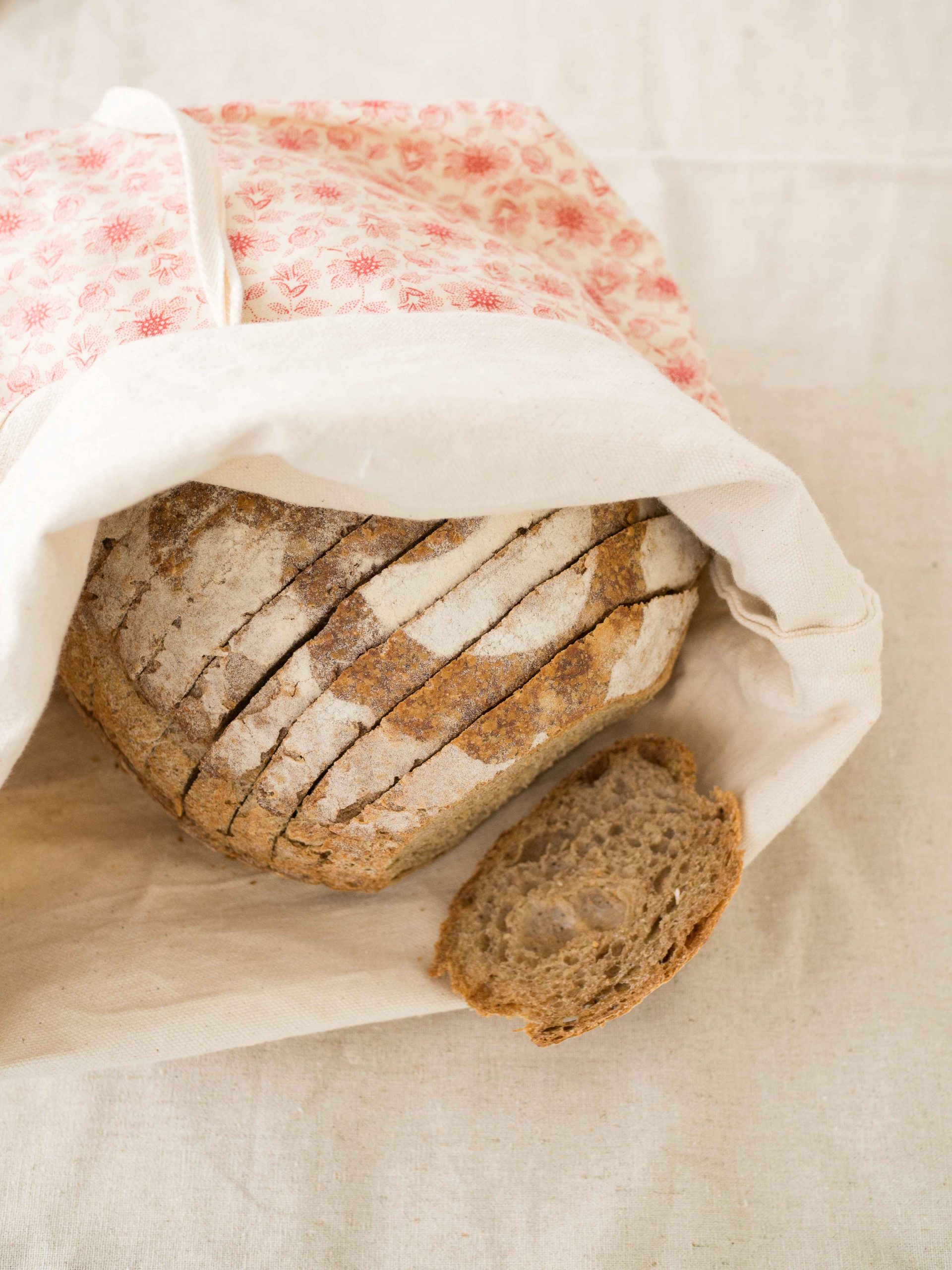
Accepted ideas on bread
Ever since, our daily life is constituted of ideas received on a lot of diverse subjects. These opinions which are generally situated between the stereotype and cliché, are very widespread and very often appear as obvious.
However, they are often false, but we seem to believe them. Like many products, bread is not an exception to the rule and Mamie hopes that after reading this article, you will have a better understanding (true or false) about one of her favorite products.
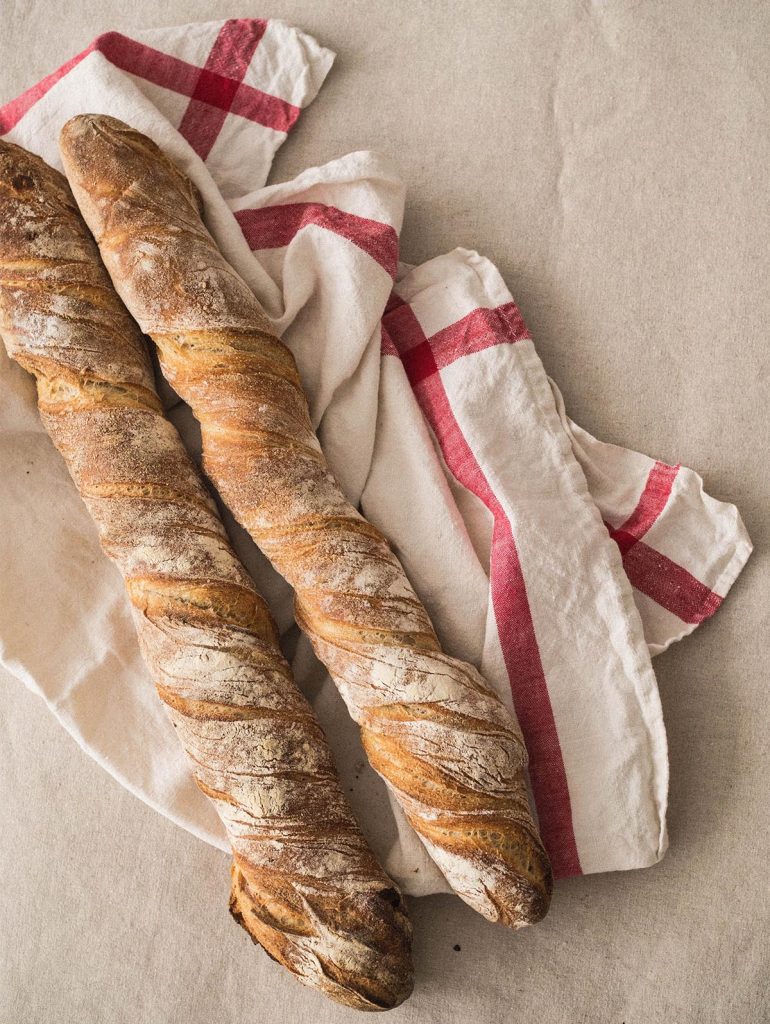
Bread make you gain weight
FALSE
This idea is certainly one of the most widespread on the subject. Long accused of promoting weight gain and excluded from the diet when starting a diet, bread is just an excellent source of energy in our everyday life.
Its satisfying effect will allow you to stabilize your weight thanks to its complex carbohydrates and its fiber content. In addition, its low lipid content is a complementary asset that allows to increase the volume of food without adding fat.
However, it is important to distinguish the difference between the bread made by large industries than those made by small artisan bakeries like Mamie. The basic ingredients for making bread are flour, yeast or leaven, salt and water.
Anything added to this list may be a source of additional calorie intake. So, when you see things in the list of ingredients like sugar – glucose – fructose, vegetable oil – calcium propionate (salt permits to conserve) … Mamie assures you, none of these ingredients are essential for the recipe of a tasty bread.
It is certain that if you eat a lot of bread, like many other foods it can cause you to gain weight, especially if you add a large dose of butter or jam. Keeping in mind, it’s all about quantity.
Better to take bread than cereals for breakfast
TRUE
It is no surprise to anyone, even if the manufacturers make great efforts to reduce the amount of sugar in their cereal packages, it will always be much more consistent to have a slice of bread because there is no sugar in a traditional recipe.
Bread allows you to maintain your blood glucose higher and last longer to get you through the day and avoid hunger between meals. One-third of a baguette or three slices of wholemeal bread is a perfect quantity for breakfast and a great start for the day.
Bread is nutritionally neutral
FALSE
Containing between 55 and 100 grams of carbohydrates on average, bread also contains vegetable proteins, vitamins and minerals such as potassium.
It should also be known that, as a rule, it provides almost no fat and that its fiber content can vary between 3.3 and 8.8 g / 100 g. The salt content is on average 1.54 g per 100 g.
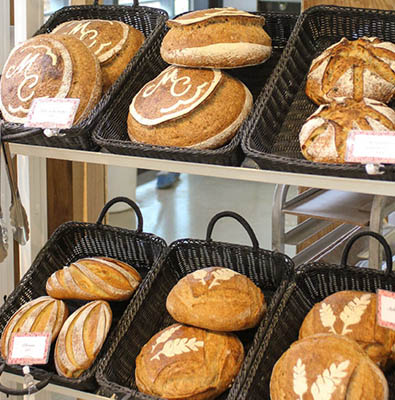
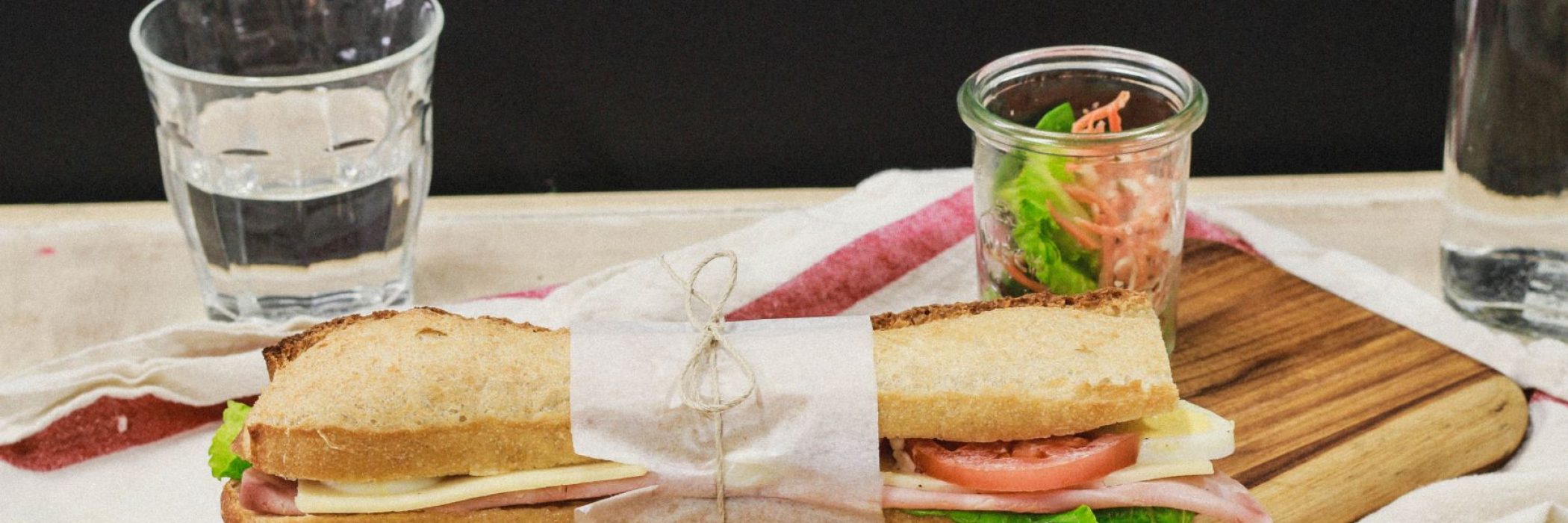
The sandwich is not a balanced meal
FALSE
Who has never felt guilty after eating a sandwich at the office or during break? Well you shouldn’t! Generally consisting of starchy foods, proteins and vegetables, it contains all the essential ingredients for a balanced meal.
Accompanied by water and a fruit for dessert, you are unlikely to exceed your daily calorie intake. Of course, you have to avoid fatty sauces like mayonnaise and favor other options such as mustard, yogurt, humus, or guacamole.
My homemade bread is better
TRUE & FALSE
It all depends on how you make your own bread! If you make your own mixture, you can choose your flour (wholemeal for example) with a moderate addition of salt to obtain a bread with good nutritional elements.
But you should stay away of already dosed mixes for bread machines! They sometimes contain additives, fats, sugar and as much salt as the industrialized breads!
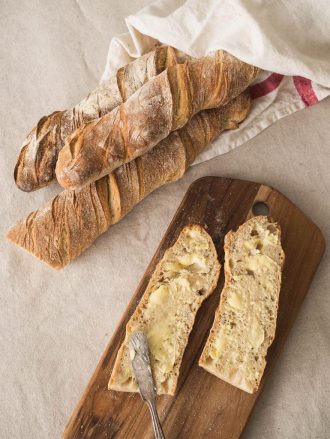
Leavened bread is a good solution against gluten sensitivity
TRUE
Different from industrial yeasts, leaven produces slowly and naturally the fermentation stage.
It is essential to know that the yeast decomposes all the elements of the flour: fat, aleurones, mineral salts, gluten, starch, whereas the industrial yeast transforms only one element: the starch. In addition, leaven bread is easier to digest and can be conserved much longer than industrial yeast bread.
Bread is high in fat
FALSE
Whether it consists of integral flour or white flour, the bread contains very little fat (less than 2%). Part of these lipids, more than two thirds are unsaturated fats that won’t cause the increase of bad cholesterol. The so-called “special” breads can nevertheless contain fat because of the incorporation of ingredients such as bacon, chocolate or milk ….
Even if these ideas are likely to continue over time, Mamie hopes to have given you a better idea on what is true or false about bread! No more excluding bread from your diet, you now know that you can eat it every day … while remaining reasonable of course.
In addition, Mamie takes pleasure in baking multitude of breads every day providing you with a large variety of choices. You will find in our window showcases, breads made with different flours (integral, Khorasan, white, spelt rye …), yeast or sourdough and even gluten free. Not to mention that they are made with organic flour from La Milanaise Mill, located in Quebec. There’s no better way to vary and discover new breads to accompany your favorite home recipes.
